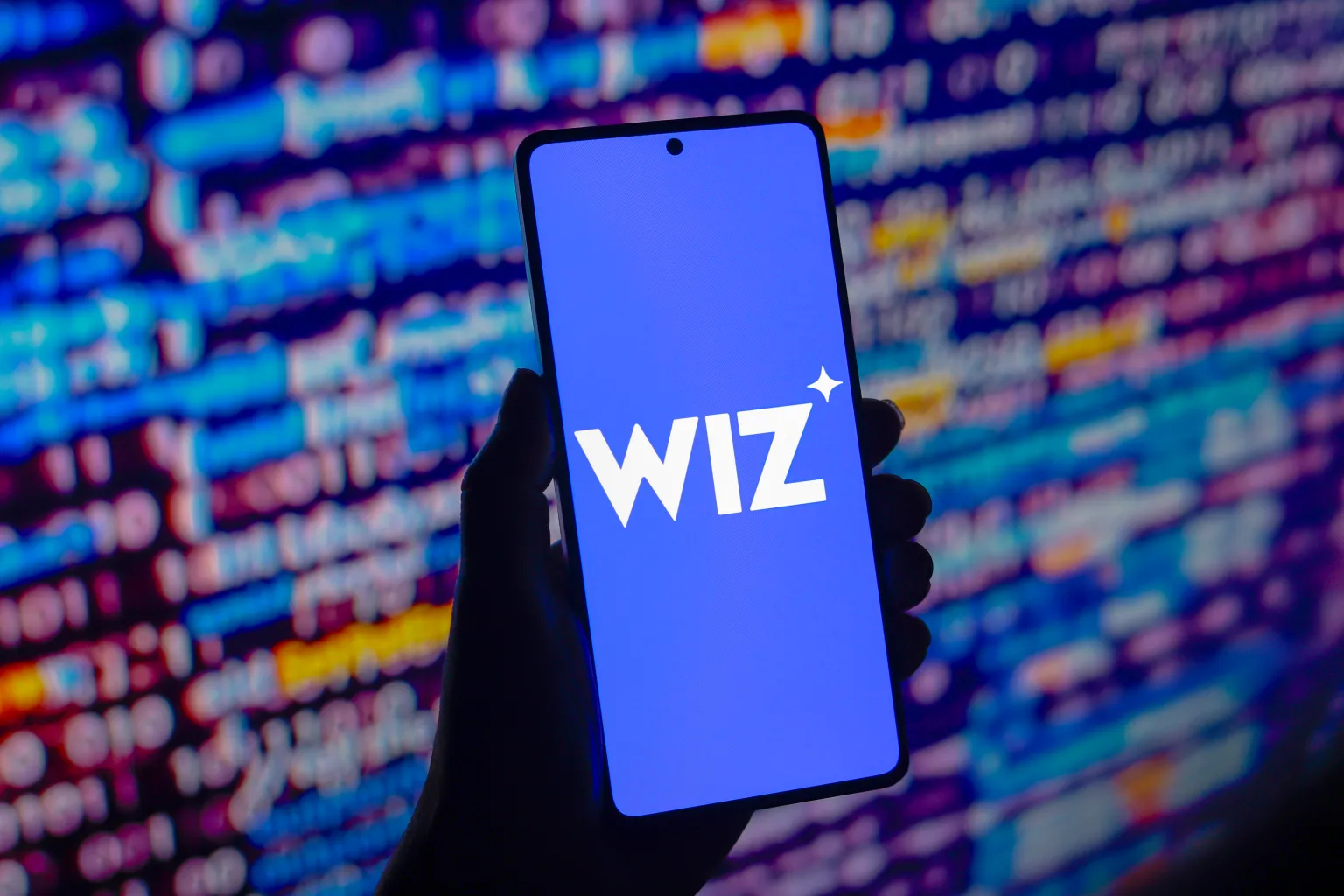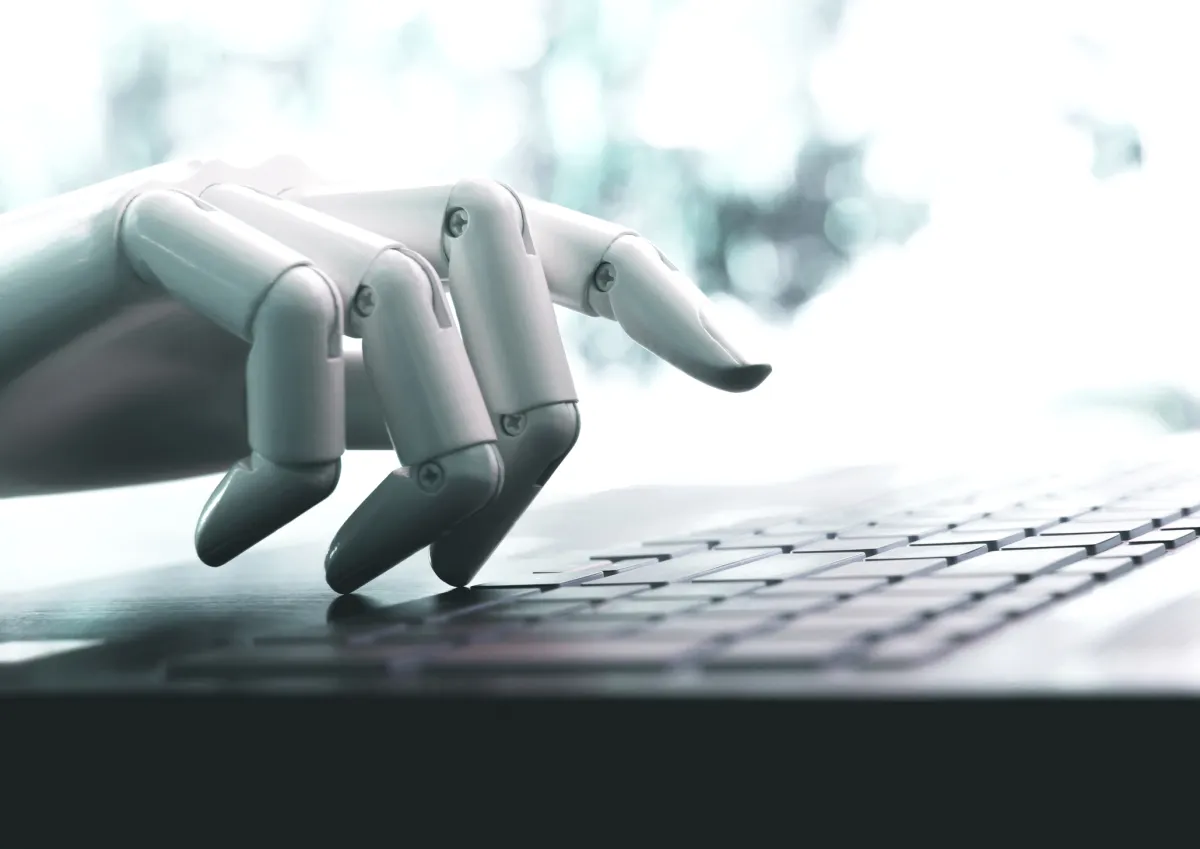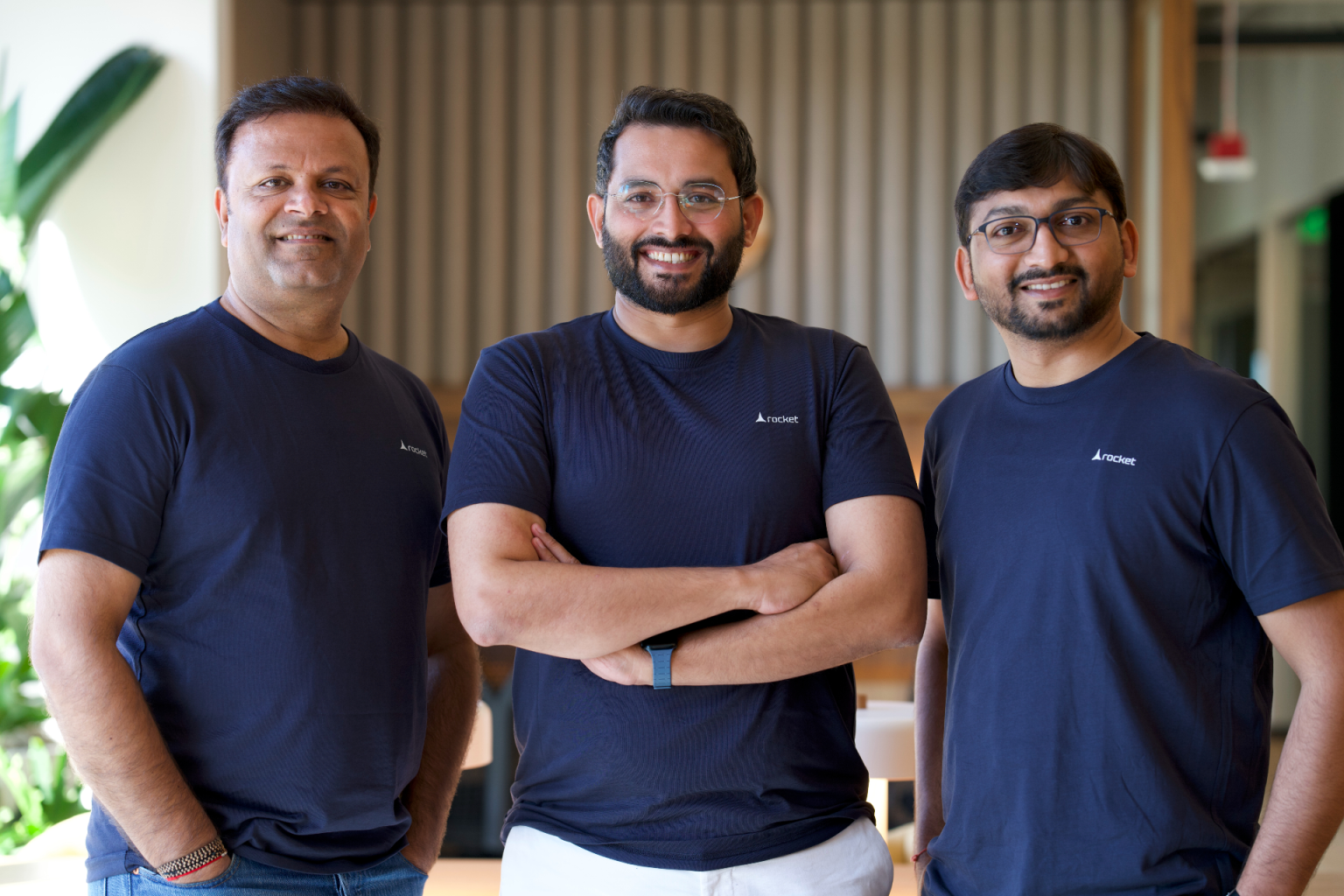OpenAI has reached a nonbinding agreement with Microsoft that could reshape its corporate structure and pave the way for a potential public listing. The deal, announced Thursday, would allow the AI company to transition its for-profit arm into a Public Benefit Corporation (PBC) while still maintaining nonprofit oversight.

What the agreement means
Under the proposed structure, OpenAI’s nonprofit parent would continue to hold control of operations and secure a stake in the new PBC valued at over $100 billion, according to board chairman Bret Taylor. Microsoft OpenAI’s largest investor signed a memorandum of understanding (MOU) with the company to outline the terms, though a definitive agreement has yet to be finalized.
The transition must still win approval from regulators in California and Delaware, where OpenAI is incorporated.
Why the shift matters
OpenAI’s unusual governance model has long distinguished it from Silicon Valley peers. The nonprofit board famously ousted CEO Sam Altman in 2023 before reinstating him days later. With a PBC structure, OpenAI could raise fresh capital while preserving its stated mission of building AI that benefits humanity.
For Microsoft, the new agreement ensures continued access to OpenAI’s technology and keeps its role as the primary cloud provider — though OpenAI has been diversifying. The company recently committed to a $300 billion cloud contract with Oracle starting in 2027 and is collaborating with SoftBank on its massive Stargate data center project.
ALSO SEE: California Bill Targets AI Chatbot Safety
Tensions and context
The negotiations between Microsoft and OpenAI have not been without friction. Disputes reportedly surfaced over control of Windsurf, an AI coding startup OpenAI had aimed to acquire. That deal collapsed, with Windsurf’s talent scattering to Google and Cognition.
Meanwhile, Elon Musk who co-founded OpenAI before parting ways has been a vocal critic. His ongoing lawsuit accuses the company of straying from its nonprofit mission. Earlier this year, Musk even floated a $97 billion takeover bid, which OpenAI’s board rejected. Ironically, the nonprofit’s new stake in the PBC under this agreement is larger than what Musk had offered.
The road ahead
Nonprofit groups like Encode and The Midas Project have raised alarms over OpenAI’s for-profit transition, arguing it undermines the company’s original mission. OpenAI has pushed back, even issuing subpoenas, suggesting some of these groups may have ties to rivals such as Musk or Meta CEO Mark Zuckerberg allegations the nonprofits deny.
For now, the future hinges on regulatory review. If approved, the PBC move could set the stage for OpenAI’s eventual debut as a public company potentially one of the most valuable in tech history
Sources ( Techcrunch )




